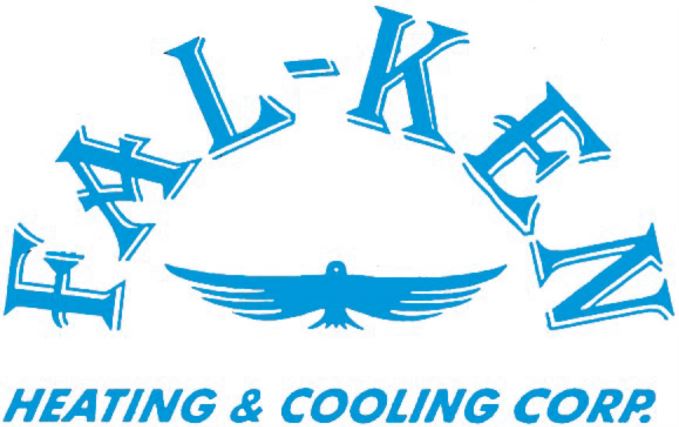Purchasing your first home is exciting. You’re likely trying to keep track of numerous details to ensure you’re making the right choice. We believe that understanding your potential new HVAC system is crucial. The property’s HVAC system represents a substantial investment and potential source of long-term costs, which is why due diligence helps all first-time homebuyers.
In this guide, we’ll share seven tips for discovering all there is to know about a home’s heating and cooling setup. And if you want a deeper opinion from the pros, don’t hesitate to contact Fal-Ken Heating & Cooling Corporation. Our experienced team can help you compare your options with industry insights you won’t find elsewhere.
1. What Type of HVAC System Is It?
Start by determining what specific HVAC system the home has. Furnaces tend to last longer compared to air conditioners, and some of the latest types of HVAC equipment like heat pumps can offer average life spans that are even longer. Tracking down the make and specific model provides a much better sense of how much routine maintenance it might need.
2. How Long Ago Was the System Installed?
It also helps to learn how old the HVAC system is when you’re considering a new home. On average, HVAC systems tend to run for about 10-12 years. Learning its approximate installation date helps you anticipate future maintenance needs or when it might break down. Older systems are at a higher risk of problems, so planning ahead of time for a replacement unit could be necessary sooner than you thought.
3. What Does the Warranty Cover?
Be sure to check the HVAC system is covered by a warranty. If it is, you’ll appreciate how it can help with maintenance costs. HVAC warranties should take care of parts and labor, but it’s important to note that details will vary. Don’t forget to look into any terms that aren’t familiar to ensure you understand your coverage and potential out-of-pocket costs.
4. Does the System Have a Documented Maintenance History?
Next, examine the maintenance history of the HVAC system, if the records are accessible. This service history can demonstrate if the system constantly broke down or how often maintenance is performed. Inquire about key tasks like filter changes, which is a positive sign indicating regularly scheduled tune-ups.
5. Do You Know Its Energy Efficiency Ratings?
Selecting a system with great energy efficiency means lower utility bills and less of an impact on the environment. Check out the seasonal energy efficiency ratio (SEER) ratings for air conditioning along with the annual fuel utilization efficiency (AFUE) for furnaces. The higher the SEER rating, the more efficient the cooling over the whole season, while strong AFUE ratings indicate that the fuel is more effectively burned for useable heat.
6. Did You See Any Problems After Completing an Informal Inspection?
Even without experience in HVAC systems, you should still check out the HVAC system on your own. Keep an eye out for potential issues that weren’t mentioned by the seller or real estate agent. This can mean bizarre noises, unequal airflow and attempts to cover up any visible damage.
7. Is an Experienced HVAC Technician Available to Help?
If you’re still hesitant to make an offer because of the current state of the HVAC system, it’s beneficial to get a professional opinion from experienced HVAC technicians. They will be much more likely to catch things you might miss, like leaks in the refrigerant, bad electrical connections or damaged ductwork.
A Chat with Fal-Ken Heating & Cooling Corporation Simplifies Your Home-Buying Journey
Choosing your first home should be thrilling, and Fal-Ken Heating & Cooling Corporation wants to ensure it stays that way. Get in touch with us at 631-460-5159. We can discuss how our HVAC services ease your mind, giving you what you need to step into your new home with confidence.
